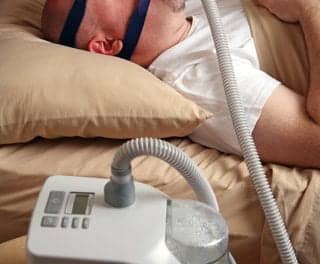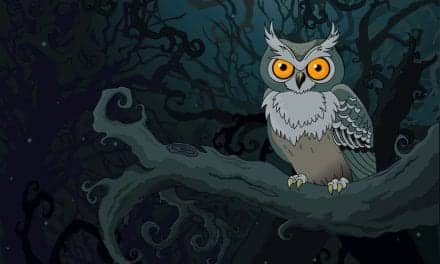Exposure to extraordinarily brief, millisecond flashes of bright light improves alertness at night, according to research presented at SLEEP 2010.
Results indicate that subjective sleepiness decreased and objective nighttime alertness improved after participants received a two-millisecond pulse of bright light once per minute for 60 minutes. Flash exposure, as compared with darkness, elicited significant improvement in self-rated alertness and a significant 57-millisecond improvement in median reaction time on the auditory Psychomotor Vigilance Test, compared with no significant improvement after 60 minutes of darkness. This was accompanied by significant changes in the faster frequencies of the EEG following exposure to the flashes.
"We found it shocking that light exposure as brief as a few milliseconds could engender changes in alertness and brain wave activity," said principal investigator Jamie M. Zeitzer, PhD, assistant professor in the department of psychiatry and behavioral sciences at Stanford University in Palo Alto, Calif. "These results change the manner in which we think about the brain’s capacity to respond to light."
The randomized crossover study involved seven people who were tested two times, with the sessions separated by more than 2 weeks. In each testing condition, they were wakened 2 hours after their typical bedtime for stimulus administration. Once they were exposed to an hour of darkness, and once they were exposed to a total of 120 milliseconds of bright light pulses during an hour of darkness. Vigilance was measured immediately before and at the end of the 60-minute stimulus.
The study was supported by the Air Force Office of Scientific Research, the Veterans Administration, and Stanford University.




